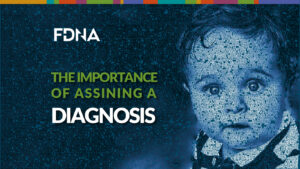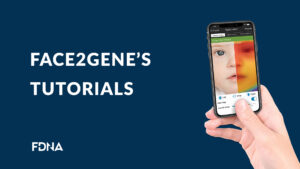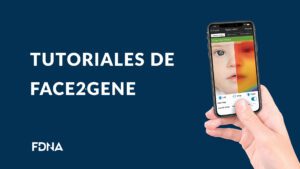November Discoveries – Seizure and Epilepsy-related Conditions
As a part of FDNA’s Year of Discovery, FDNA collaborated with the C.U.R.E: Citizens United for Research in Epilepsy, sponsored by Allele Diagnostics, to research and promote awareness of seizure and epilepsy-related conditions throughout the month of November.
About Seizure and Epilepsy Disorders
Seizure and epilepsy-related conditions fall under the broad and prevalent category of neurological disorders. When there is a disruption or sudden, abnormal surge in electrical impulses from neurons in the brain, involuntary movements such as muscle twitches, spasms, and convulsions can be triggered, known as a seizure. A seizure occurring not in the result of trauma, nervous system infections, and other inducing factors, can often be an isolated event. If a person has experienced two or more unprovoked seizures, they may be considered to have epilepsy. There are several known factors and circumstances resulting in these neurological disorders; however, more than half of the diagnosed cases of epilepsy have an unknown cause.
Epilepsy is one of the most common neurological disorders with an estimated 50+ million individuals diagnosed worldwide. Age, race, and gender seem to have no influence on who may develop and experience epilepsy. Epilepsy diagnoses are most frequent in children, particularly within the first year of life.
Tools for Success
Clinicians often use several tests and evaluations to identify and gain a greater understanding of an individual’s specific syndrome. With so many possible causes of these conditions and the difficulty of having a doctor present during an episode, diagnosing seizure and epilepsy-related conditions can be challenging at times. Therefore Utilizing new tools and technology can help expand the collection of information on these various disorders and improve the resources available to clinicians. FDNA’s platform Face2Gene Suite uses facial analysis, deep learning, and artificial intelligence to assist in the evaluations of patient facial characteristics, phenotypes, and genes in search of links between diseases and the phenotypes they produce.
Community Knowledge Resources
Thanks to the contributions from the Face2Gene community, the volume of de-identified data (facial data and other patient information) uploaded to Face2Gene has enabled the successful facial recognition and identification of the phenotypes for several syndromes from this category. Below you will find some of the validated facial masks generated by Face2Gene.

The conditions displayed, along with various others, are available for patient evaluations via Face2Gene CLINIC.



